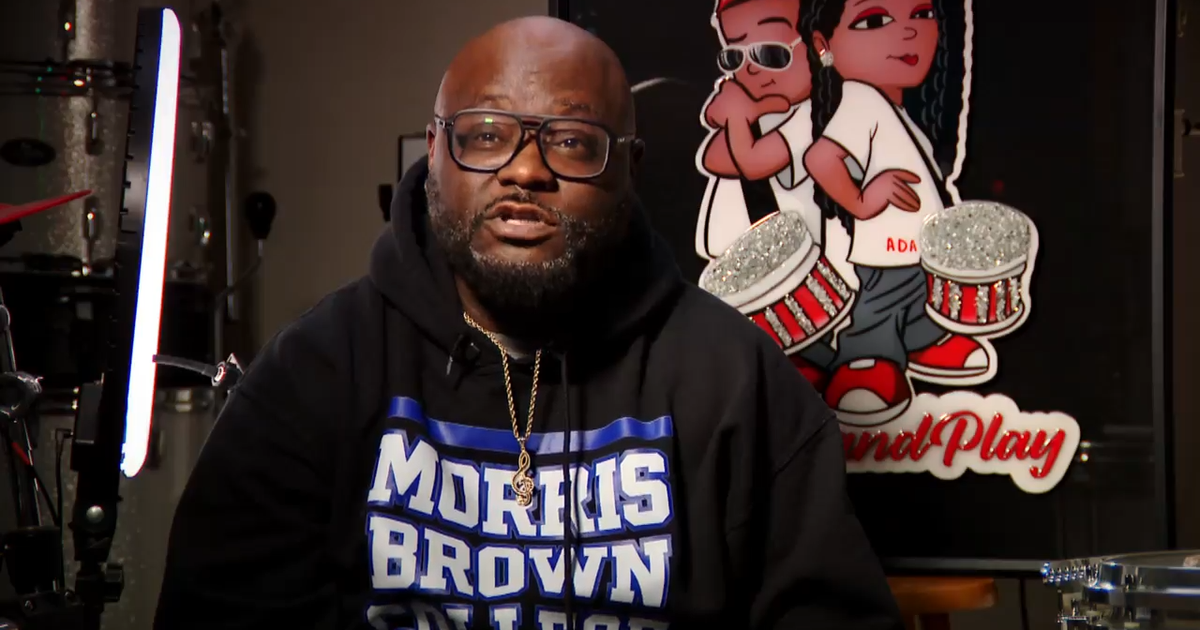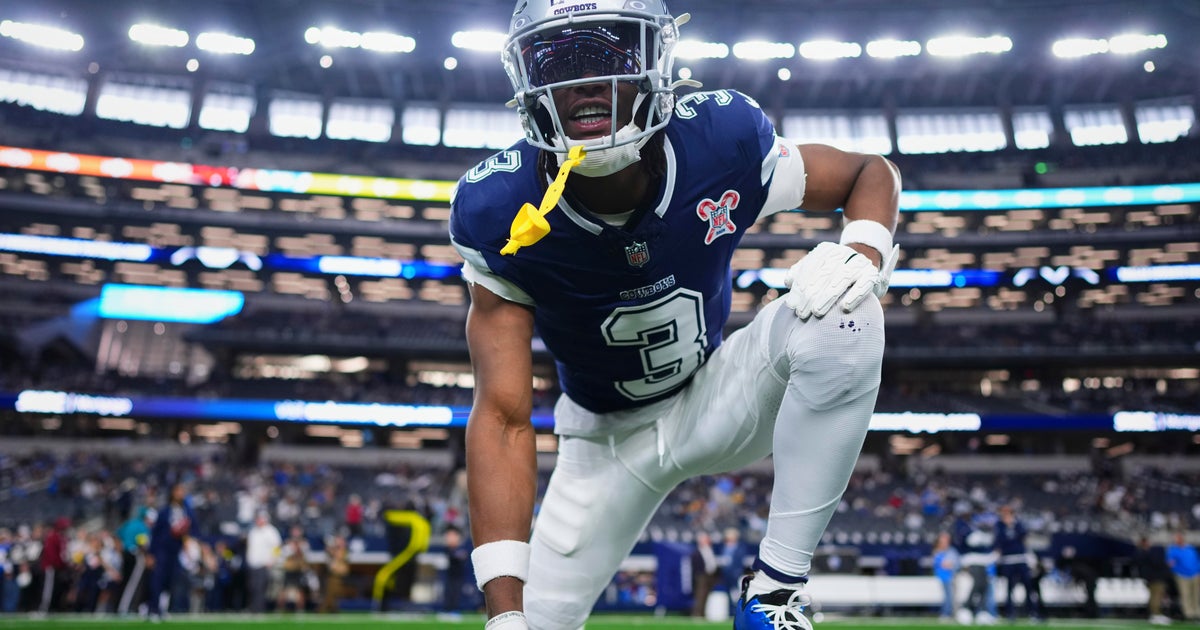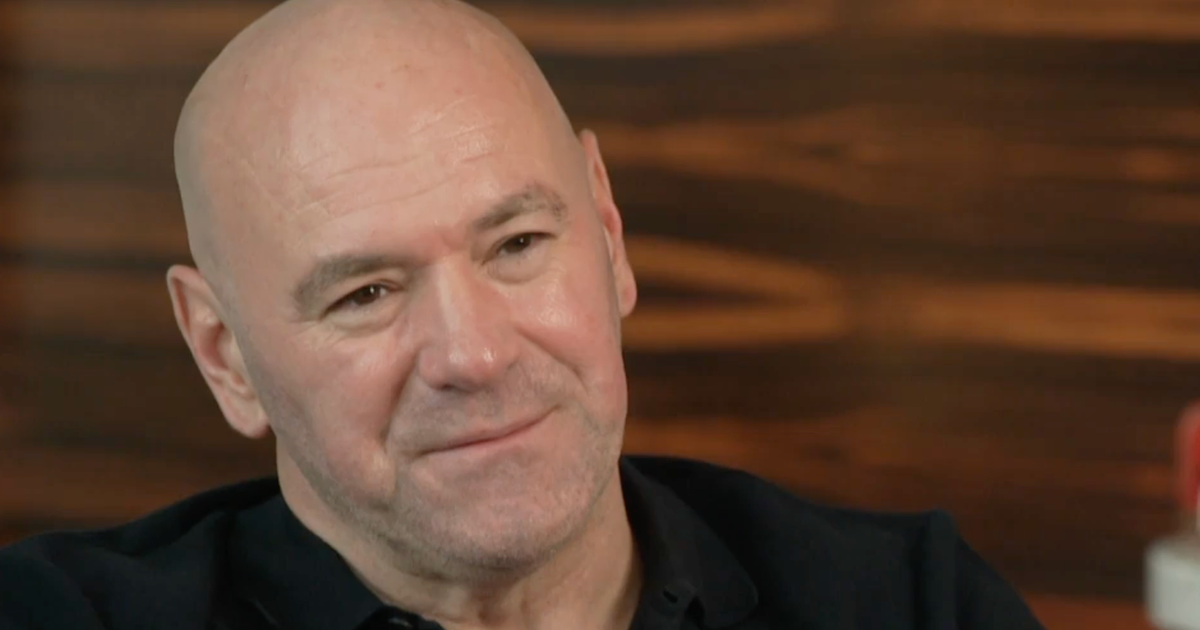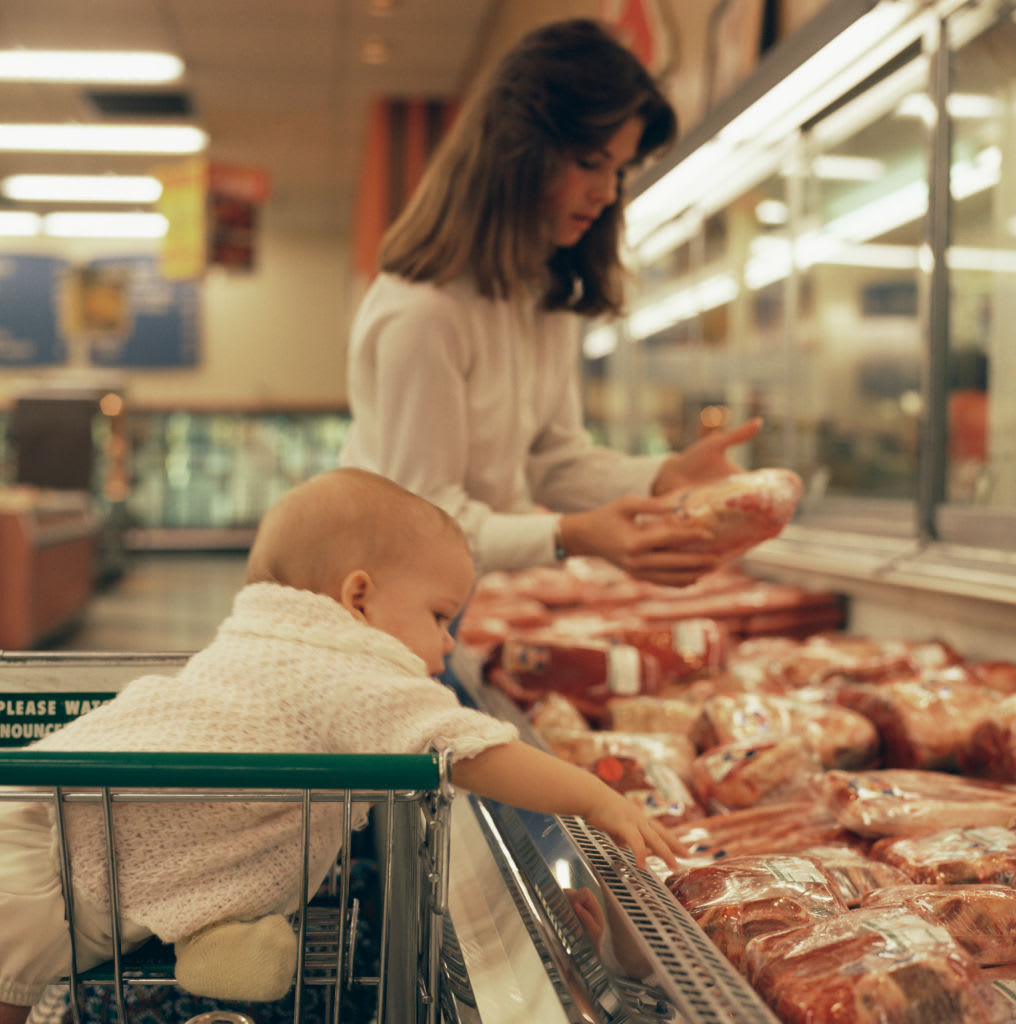Preserving the traditions of black cowboys
On a recent Sunday in June, Randy Hook saddled up his horse to join hundreds of other marchers in Compton, California.
"It's not a protest," he said. "It's a peace ride."
Hook is the leader of the Compton Cowboys. "We're not going out there to cause havoc. We going out there to showcase what it looks like to come together."
Keiara Monique, the only woman that is part of the Compton Cowboys, also rode that day, alongside her mother and her three-year-old daughter.
"I think our impact would be showing integrity," Monique said. "Because we have horses! We're from C Compton. Yet, Compton is looked at in a negative way. But we're trying to change that narrative and let people see that it's a positive way."
Walter Thompson-Hernandez has written a book about the Compton Cowboys, a generation of young black people who learned to ride as children. Their motto: "The streets raised us. Horses saved us."
"When people think of Compton, I think, you know, their image is of early '90s gangsta rap – you know, Dr. Dre, Eazy-E, NWA. And there's also images of violence and death," said Thompson-Hernandez.
Of the Compton Cowboys, he said, "Each one will tell you in different ways that, if it wasn't for these horses, you know, they feel that they wouldn't be alive today.
"Their ranch, to me, is so much more than a horse ranch. It's an oasis and a place where people go to heal and to find meaning."
Many Americans first learned of black cowboys and cowgirls when they appeared in recent protest marches around the country. In fact, there is a long, proud history of black cowboys in America.
"Unfortunately in the United States, we're invisible in a lot of different places," said Terri Gentry, a docent at the Black American West Museum in Denver, Colorado. "When people come in, and see our little house museum, and all of these wonderful pictures of actual cowboys, it blows you away."
According to Gentry, "Almost one in three cowboys was black."
Among them: Edward Cheetham, Nat Love, and Bass Reeves, of Oklahoma. "He arrested over 3,000 people during his career as a deputy marshal," Gentry said. "From what we understand, the stories of the Lone Ranger were based on Bass Reeves' life."
After the Civil War, black cowboys played a key role in settling the West.
"CBS This Morning; Saturday" co-host Michelle Miller asked, "Why would the cowboy way appeal to so many of these formerly-enslaved people?"
"There's an incredible amount of freedom with managing cattle," Gentry replied. "It's a very, very tough way to make a living. But I would imagine there's a lot of gratification in being out on the open plains, underneath the stars."
Maurice Wade learned to ride on his grandfather's farm.
"I used to watch cowboys on TV," he said, "and I never saw an African American cowboy. If we did see one, he was, like on the chuck wagon on trail drives."
Then, the Bill Pickett Invitational Rodeo started up, named for famous rodeo "bulldogger" Bill Pickett.
Miller asked, "And you were like, 'Whoa! There are a lot of us!'?"
"Yes! I went, 'Whoa! What spaceship these brothers come from?" he laughed.
Wade still competes, and also champions young riders, like 12-year-old Savannah Roberts, who won the Bill Pickett Ladies' Barrel Racing Championship in Denver this year.
Miller asked her, "Is the adrenaline rush deep?"
"The adrenaline is more towards the beginning of the run," Roberts said. "But once I get going, I don't feel anything when I'm running!"
Her sister, Alleyah, is her coach, and also competes.
Wade said, "Every black kid in America should have an opportunity to experience what we experience."
Back in Compton, one of the cowboys' main goals is to pass on the tradition that's been a gift to them.
Keiara Monique said, "We all have a passion for horses. We all havwe a passion for giving back. And we all want to help our community be able to give them the experience that we have gotten from horses."
Walter Thompson-Hernandez said, "What brings the Compton Cowboys together is the idea that, if they don't teach the next generation, that they might be Compton's last black cowboys."
For more info:
- Compton Cowboys
- "The Compton Cowboys: The New Generation of Cowboys in America's Urban Heartland" by Walter Thompson-Hernandez (HarperCollins), in Hardcover, eBook and Audio formats, available via Amazon
- Walter Thompson-Hernandez (wthdz.com)
- "Fire on the Hill: The Cowboys of South Central" (Documentary)
- Black American West Museum, Denver
- Bill Pickett Invitational Rodeo | Updated tour info
- Photography by Kemal Cilengir (Instagram)
- Our thanks to the James Family's Bar Double J Ranch in Bennett, Colo.
Story produced by Mary Lou Teel. Editor: Carol Ross.










